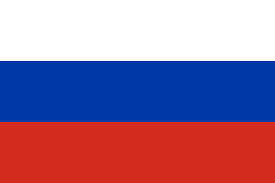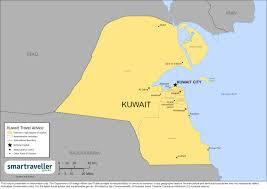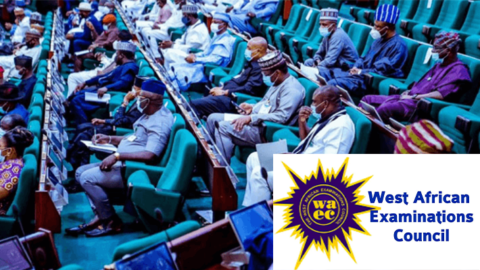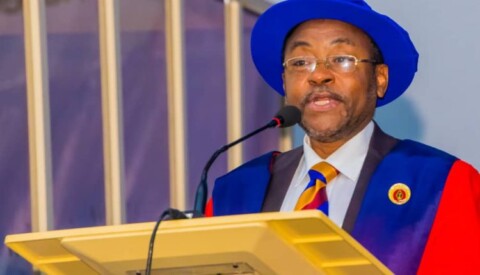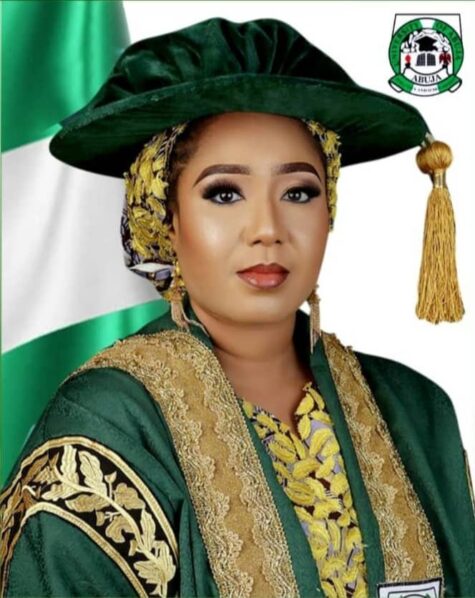Russia has announced plans to significantly expand its educational cooperation with Nigeria and other African nations, with the long-term goal of hosting 500,000 international students in its universities.
Russian Ambassador to Nigeria, Andrey Podelyshev, disclosed this during a press briefing in Abuja on Monday evening. According to Podelyshev, Russian President Vladimir Putin has set a clear objective to increase the number of foreign students in Russia’s higher education system as part of a broader diplomatic and development strategy.
Currently, around 32,000 African students are studying in Russia, including approximately 2,000 Nigerians. The Russian government now aims to boost these numbers substantially.
“In line with the president’s objective, the quota will grow every year,” Podelyshev said. “For 2025, 220 Nigerian students have already been awarded scholarships to study in Russia.”
He explained that the scholarships, approved in 2024, will cover the 2025 academic year, with preparations already underway for students to begin their studies in September.
Addressing recent policy changes in Nigeria, which saw the suspension of government-funded transport and accommodation for students on foreign scholarships, Podelyshev announced that Russia has introduced a new grant structure. This package will fully cover tuition, living expenses, and travel costs for eligible students.
However, Podelyshev stressed that Russia’s ambitions go beyond scholarships alone. He described education as a key tool in fostering long-term partnerships with Nigeria, particularly in sectors such as energy, metallurgy, and industrial development.
“For example, if Russia is involved in rebuilding a metallurgical plant in Ajaokuta or establishing nuclear plants, we will need Nigerian professionals trained in Russia to implement these projects,” he explained.
To ensure these educational opportunities translate into tangible benefits, the ambassador highlighted the role of the Intergovernmental Commission on Economic, Scientific, and Technical Cooperation. The commission is tasked with aligning educational initiatives with broader economic and development goals between the two countries.
Podelyshev also addressed concerns about brain drain — where students trained abroad fail to return home. He advocated for project-based training models designed to give Nigerian students a clear path to apply their skills back in Nigeria.
“If students know they are being trained for specific national projects that require their expertise upon return, they will have stronger incentives to come back,” he said.
Russia’s education initiative is seen as part of its wider efforts to strengthen economic and diplomatic ties across Africa, positioning education as a strategic pillar in its engagement with the continent.

